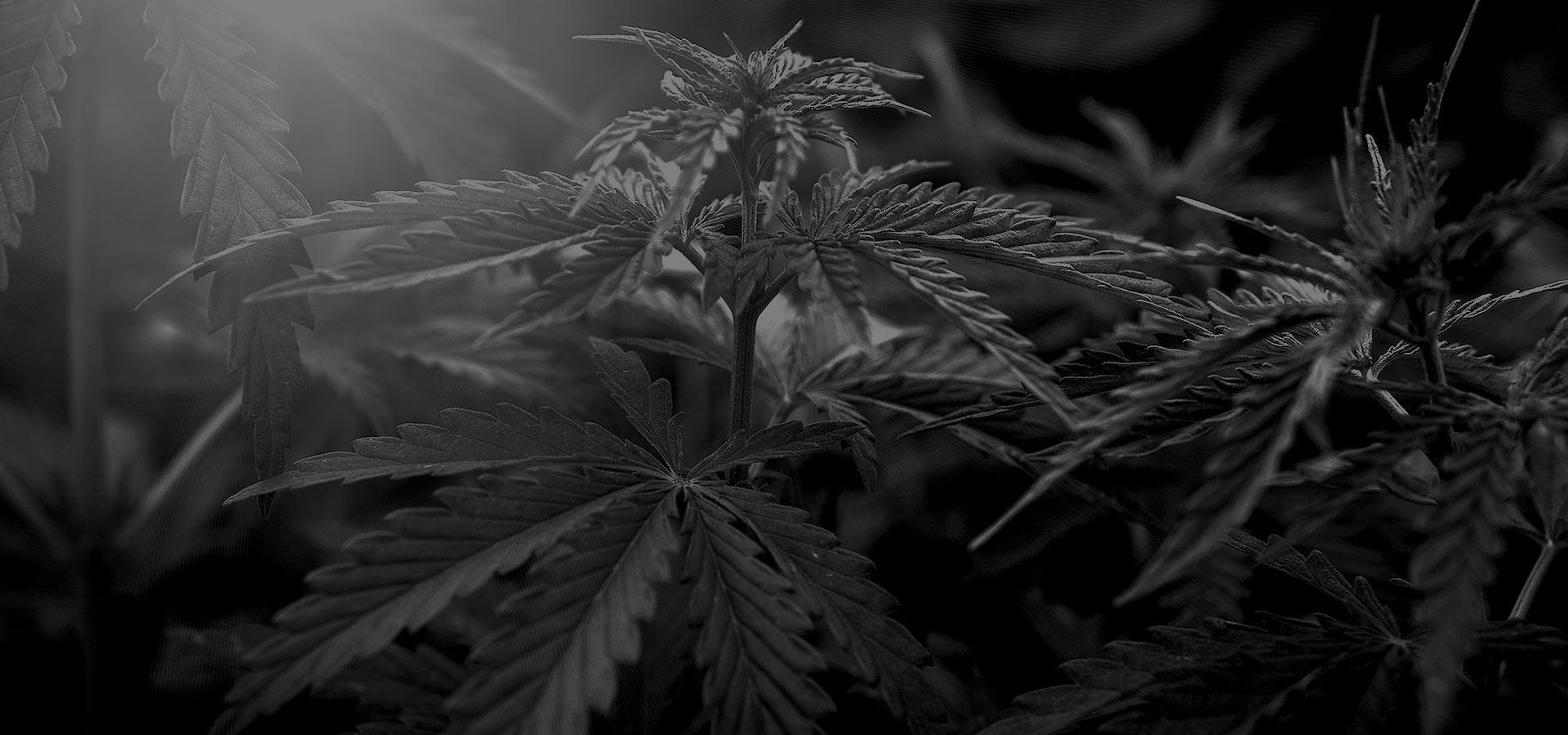On March 1, 2019, the WSIB published a new policy document on medical cannabis. The policy document, Cannabis for Medical Purposes (17-01-10), provides the rules and regulations that apply to claimants who seek to be reimbursed for using medical cannabis for treatment of a workplace injury.

Given the cultural and legal shift around cannabis, one might have expected a more liberal policy. The current policy is restrictive and provides coverage for medical cannabis in only very limited circumstances.
The WSIB will approve coverage for medical cannabis only for “designated conditions”, a short and finite list. The policy currently defines “designated condition” as follows:
- Pain that arises from being palliative;
- Loss of appetite associated with HIV or AIDS;
- Nausea and vomiting associated with chemotherapy;
- Spasticity arising from a spinal cord injury; and
- Neuropathic pain – defined as pain caused as a “direct consequence of a demonstrable lesion or disease affecting the somatosensory system (e.g., pain caused by a traumatic nerve injury)”.
However, having one of the designated conditions does not guarantee that the WSIB will cover an injured worker’s medical cannabis. Injured workers must have first exhausted “conventional treatments”. According to the new policy, this means:
- the worker has had adequate trials of appropriate conventional treatments for the designated condition; and
- the treatments are either ineffective (e.g., fail to alleviate or improve the designated condition) or not tolerated.
As a result, even if an injured worker suffers from a designated condition, that worker must first trial the conventional treatments and the worker’s treating healthcare practitioner must determine that the conventional treatments are not effective or that the worker cannot tolerate them. Importantly, it does not appear to matter that the worker’s treating healthcare practitioner is of the view that medical cannabis is a better treatment; the treating healthcare practitioner must provide an opinion that conventional treatment is ineffective (or not tolerated).
The WSIB has further determined that the following are contraindications to the authorization of medical cannabis:
- being under the age of 25;
- having a personal or strong family history of psychosis;
- having a current or past cannabis use disorder;
- having a current or past substance use disorder; and
- being pregnant, planning to become pregnant, or breast feeding.
The policy further indicates that cannabis should be used with caution in those individuals who:
- have a current mood or anxiety disorder;
- are heavy users of alcohol;
- are taking benzodiazepines; and
- have risk factors for cardiovascular disease.
This restrictive framework is likely to result in very few authorizations for injured workers (especially those with psychological or substance abuse issues) to medicate with cannabis. For injured workers who do obtain such an authorization, their use of medical cannabis will be highly regulated. For instance, medical cannabis cannot be smoked! In addition, the percentage of THC in medical cannabis cannot exceed 9% and injured workers cannot consume more than 3 grams of cannabis per day. The policy contains many other technical requirements and stipulations that should be reviewed, including the necessary medical information required.
It is telling that the possession and consumption of cannabis for medical purposes has been legal in Canada for over 15 years and the WSIB has decided to provide access for injured workers only now. The WSIB’s reluctance in this matter clearly comes through in the very restrictive nature of its new policy.
The WSIB has promised to stay current with scientific research on medical cannabis and will conduct a review within two (2) years.
The WSIB’s Cannabis for Medical Purposes policy can be found here.




